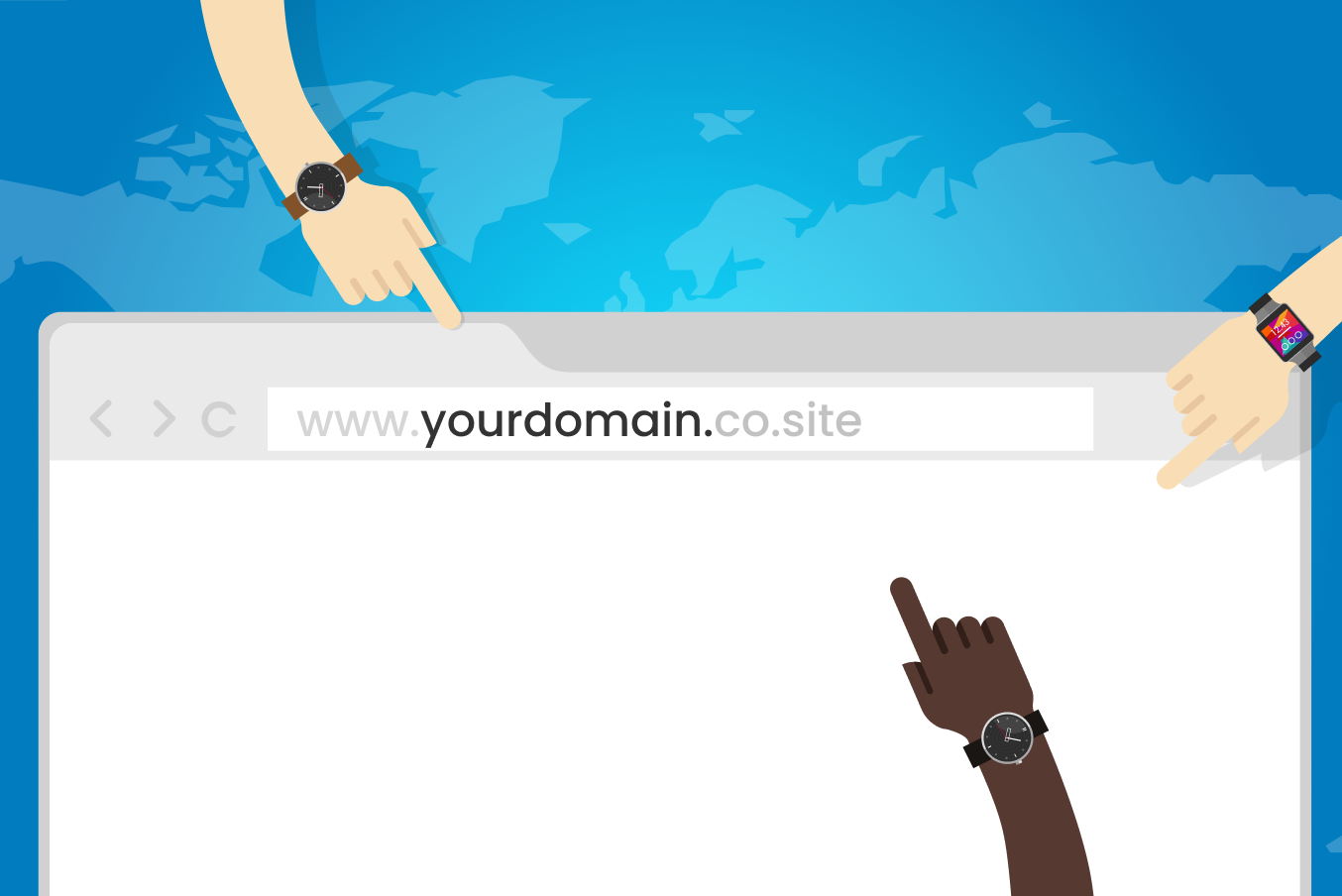A domain name without hosting
When it comes to creating a website, one of the first steps is registering a domain name. A domain name is the address that people type into their web browsers to visit your site. It’s like the digital equivalent of a street address for your business. However, just having a domain name is not enough to get your website up and running. You also need hosting.
What is hosting, you might ask? Hosting is essentially where your website lives on the internet. It’s the space where all of your website files, images, and content are stored. Without hosting, your website would not have a place to exist online.
So, what happens if you have a domain name but no hosting? Well, simply put, your website will not be accessible to anyone. When someone types in your domain name, their browser won’t be able to find your website because there is no hosting to tell it where to look for the files.
Why you need hosting for your domain name
Having hosting for your domain name is essential for several reasons. Firstly, hosting allows your website to be accessible to visitors 24/7. Without hosting, your website would be like a shop with no doors – no one would be able to enter and see what you have to offer.
Secondly, hosting provides the necessary server resources to ensure that your website loads quickly and smoothly. A slow website can deter visitors and affect your search engine rankings, so having reliable hosting is crucial for a positive user experience.
Additionally, hosting gives you the ability to create and manage email accounts associated with your domain name. This is especially important for businesses that want to have a professional email address that matches their website domain.
Choosing the right hosting for your domain name
There are many hosting providers out there, each offering different types of hosting plans to suit various needs and budgets. When choosing hosting for your domain name, it’s important to consider factors such as server reliability, speed, security, customer support, and scalability.
Shared hosting is a popular option for beginners as it is affordable and easy to set up. However, if you anticipate high traffic or have specific security requirements, you may want to consider a VPS (Virtual Private Server) or dedicated hosting plan.
Ultimately, the right hosting for your domain name will depend on your individual needs and goals for your website. It’s worth investing time and research into finding a hosting provider that can support your website and help it thrive online.
In conclusion
While a domain name is an essential part of creating a website, it’s important to remember that hosting is equally crucial. Without hosting, your website will not be able to function properly or be accessible to visitors. By choosing the right hosting for your domain name, you can ensure that your website runs smoothly, loads quickly, and provides a positive user experience.
